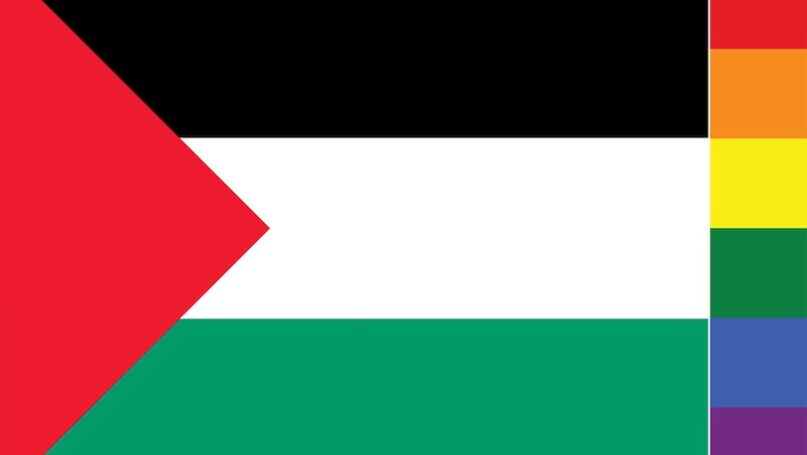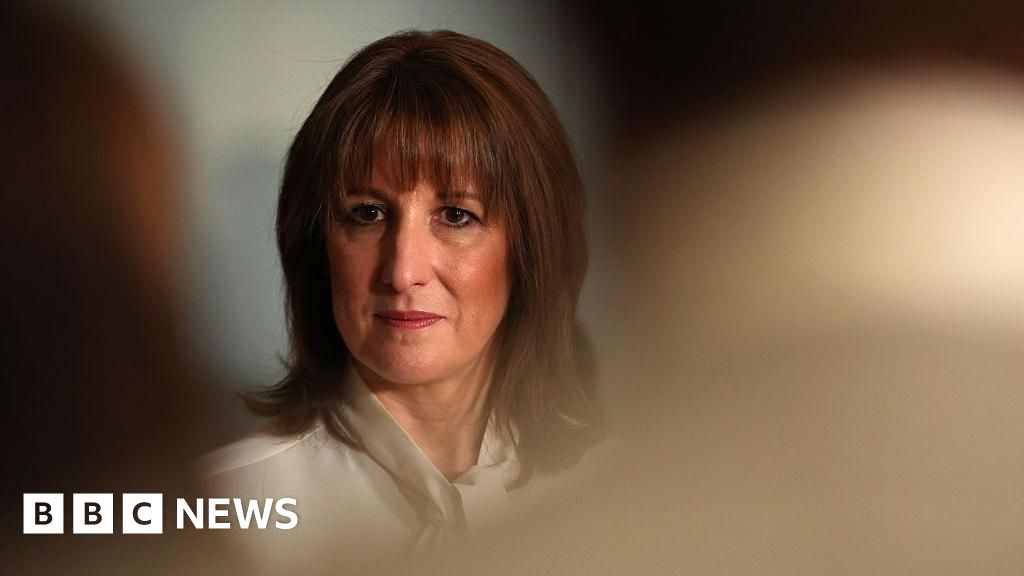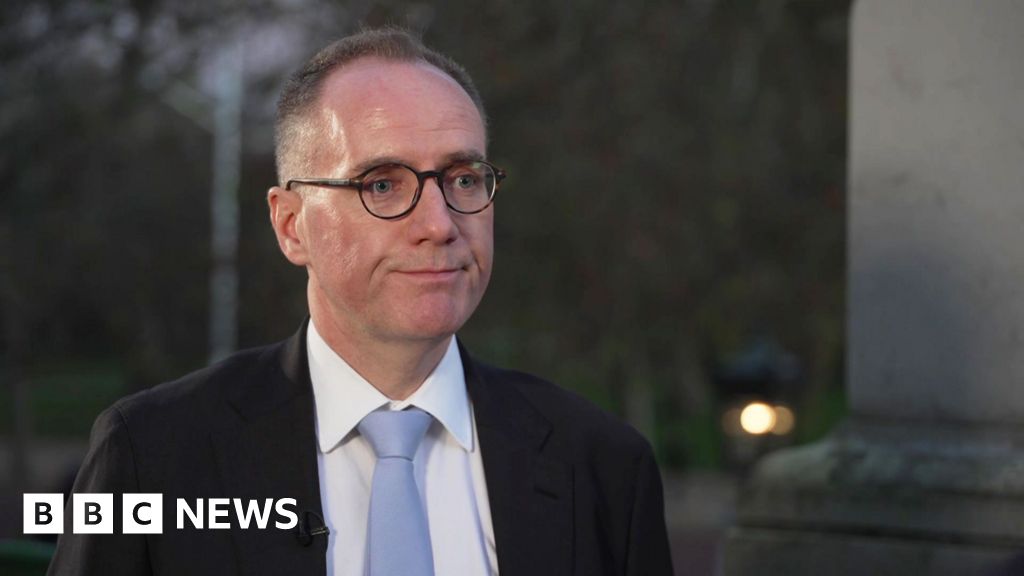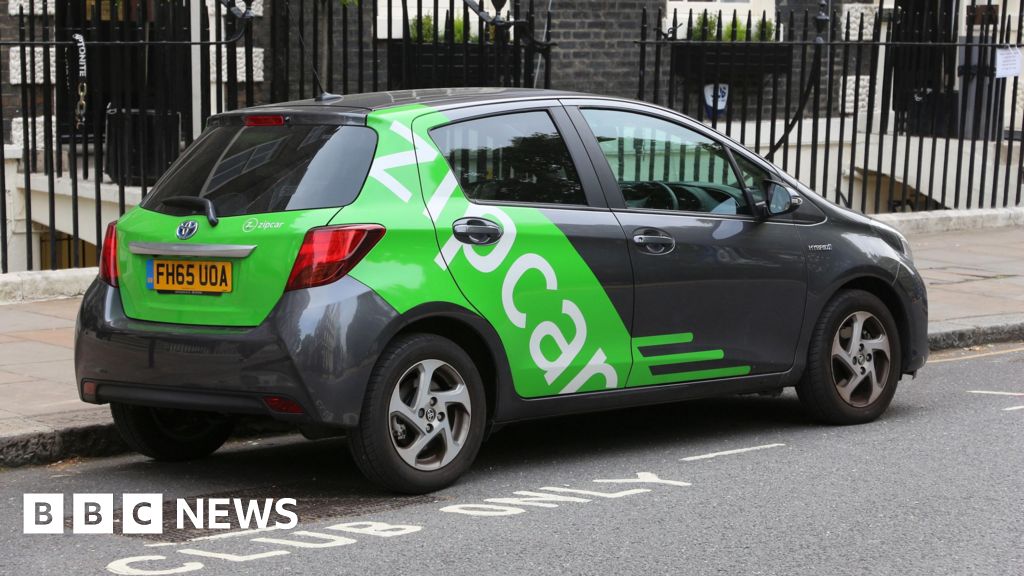
PaulStringer/Depositphotos
Between the multi-state reinforcement of apartheid and the ramifications of its applied realpolitik, the genocide of Palestinians unequivocally deserves political foregrounding. Realising an end to the genocide and a beginning to official accountability requires us to move through single-issue thinking, let alone alterity, and into a politics of complex care and consistent respect. As a queer theorist and researcher, one way I understand this politics of plurality and connectivity, or a queer politics, is the honouring of life as it is expressed by any identity. This article draws from the ever-growing corpus that contextualises the ethical obligation behind “Queers for Palestine” despite additional top-down and normative constraints. My goal, however, is to show how misusing assertions of proportionality at the expense of the trans community (and a queer politics) affects Palestinian liberation. If proportionality at its core is a harmony of multiples, it is crucial to consider how further disrespecting one side of a promising coalition destabilises the other.
Foundational to contemporary international humanitarian law (IHL) is the concept of proportionality, which proscribes undue injury to non-combatants during conflict. Principally, if the anticipated civilian injury exceeds the anticipated martial advantage of the attack, the attack must not be made. The active genocide against Palestinians has become one of the most extensively reported violations of the principle of proportionality. Although the Israeli government has left unratified the Geneva Convention’s first and second protocols expounding the proportionality principle, proportionality—even in its most tacit form—is as much an aspect of customary law as it is an intuitive social obligation in philosophy and psychology. Seemingly only a modicum of empathy would be necessary to recognise that Israel’s brutality does not just contradict the socioethical precedent but actively pulverises proportionality through an international network of actors willing to more broadly distort it.
For me, there is a reason why Zionist assertions of anti-Semitism as justification for genocide sound homophonic to the claims that denying trans people legal, medical, presentational, and linguistic access to their gender will somehow protect cis-women and children. These pretences of proportionality play in the same time signature of the ontological colonialism that rhythmises violent interventionism and securitisation of the Levant and standardises queerphobia, trans-exclusionary ideology, and exorsexism. The very manner by which Palestinians and their queer comrades have been vilified instantiates the zero-sum rhetorical devices that are gaining favour amidst our current democratic and information crises. From student sit-ins to gender-diverse support lines, mainstream media has monetised and marketed the eisegesis of these two groups and their nonviolent forms of effective political action.
Discourse surrounding Palestinians and queer folks has thus become a training ground for the latest and necessarily insidious grammar of disproportionality. Its syntax is derived from the same logical fallacies it repurposes to rationalise some of the most well-documented human rights abuses to date and to reshape the wider Overton window. Those in fear of burning alive in their homes or being killed for the basic civil liberty of self-expression must now defend themselves against genocide-excusing red herrings like “Hamas is funded by Iran” and strawmen as ludicrous as “trans activism distracts from human trafficking.”
We must also acknowledge the broader parallels between the Palestinians and transgender injustices. Both groups have experienced a kind of discrimination rooted in denial of symmetrical agencies. Palestinians and trans folks experience erasure from and interpolation into dominant culture, denying them the legitimacy of their social and personal identities. Despite the need to re-establish the borders of self and community, both are denied self-determination and security. Denial of life-saving resources and opportunity threatens both collectives.
Palestinian and trans bodies have ultimately been thrust into the crossfire of proxy wars (of culture and capital), intensifying their scapegoating whilst downplaying their truths. Palestinians and their kaleidoscope kin have been subsequently denied basic proportional considerations relative to their needs, such as sanctuary from mounting dehumanisation, threats, and violence, as well as the ability to cultivate union with a safe home uniquely knowable to them.
Understandably, trust in (neo)liberal governments to have a proportional response to systemic violence has been irrevocably compromised. But within the online public commentary surrounding the ‘Macron vs Owens’ lawsuit, it was revealed how this misuse of proportionality has also further compromised the collective psyche and a queer politics. For all who have avoided the controversy, the US conservative and anti-trans commentator Candace Owens has frequently and openly claimed that Brigitte Macron, the wife of the French President, is trans. The Macrons served Owens a defamation lawsuit in July 2025, citing disrepute and subsequent commercial loss. Between Emmanuel Macron’s waiving of wealth taxes and contention that muckraking has been the biggest burden of international leadership, I found that the charges proved less noteworthy than the online discourse they generated.
In the comments beneath the articles I read, few fully sided with the Macrons. One particularly astute commenter pointed out that while Owens’ forced assignment of trans identity onto Brigitte was objectionable, Macron’s defamation case reinforces claims of trans-beinghood not as spurious gossip, but as something shameful to deny. Comments sympathetic to Owens ranged from expressions of anti-elitism to full-blown conspiracy. However, many commended Owens’ consistent Palestinian rights advocacy. It appears that Owens’ stance has felt remarkable for two primary reasons. Firstly, many of Owens’ fellow hard-right pundits and “pro-life” ideologues remain committed to operational collusion with Israel nearly two years after the genocide began. Moreover, Owens’ constancy of jus in bello has contrasted with Western politicians’ doublespeak and passivity regarding the genocide until they could no longer ignore the European and American electorate’s disapproval of Israel.
Further descriptions of the lawsuit married the words “waste” and “distraction”. When so few “othered” communities are afforded the opportunity to challenge the medial and administrative mouthpieces tirelessly propagandising and fearmongering against them, these comments once again spoke to the psychological intuitiveness of proportionality. To boot, it makes sense that international litigation over misrepresenting rumours felt wildly disproportionate to the many pro-Palestine commenters amidst the violent irredentism and indiscriminate slaughter of non-combatants (human and non-human). But what was troubling to me was how many of the comments rightly seeking to hold Macron accountable in his response to the genocide were using transmisia as the denunciatory basis. I found it impossible to understand why the Palestinian flag emoji abutted the intentional misgendering of Brigitte Macron and comments that earnestly conflated the trans community with child abusers.
I thought of a loved one who reallocated their top surgery funds to a Palestinian family and of a young, genderqueer acquaintance who continued to show up to each anti-genocide protest even after being outed and unhoused by family members. I reflected on my Palestinian friends and comrades who have fed my belly with vegetable makloubeh and my queer soul with polychromatic nail polish. My Palestinian loved ones are testaments to the fact of queer Palestinians and Palestinian cishet allies. Prejudice is a learnt malady (and can be unlearnt), with anti-trans sentiment proving itself equally exogenous and infectious to vulnerable spaces and psyches. Digital footprints and algorithmic memories linking transphobia with Palestine only aggravate the security of queer Palestinians inside and outside of their imagined community and their effectiveness in the struggle for a free Palestine.
In addition to reproducing a kind of close-heartedness qualitatively similar to prejudice toward a host of other systemically undercut demographics, associating transphobia and Palestinian activism is plainly nonstrategic. It is not the transgender community who pinkwashes Israel to account for ethnic cleansing; every comment wielding transphobia in support of Palestine ultimately plays into the stereotyping of an entire nation. Furthermore, believing that trans disempowerment is a valid indictment of world leaders only distracts from the gravity of genocide itself, as if videos of the elderly collapsing from starvation shouldn’t be enough to chill our bones and boil our blood.
Just as it can be argued that it is unreasonable for a world leader to use the limited time, energy, and power available during a planetary polycrisis to retaliate against petty misrepresentation, it is politically and psychologically disproportionate to further disempower one group in the fight to legitimise another. It is disproportionate to generalise, scapegoat, and make casualties of innocent others on behalf of an Indigenous-led movement enunciating political solidarity, non-discrimination, and isonomy. It is disproportionate to exacerbate the struggle of a global demographic with unique networks of mutual aid and practical solidarities with Palestine that are neither transactional nor conditional to mounting the pink, blue, and white flag. And when any oppressor is a shared oppressor, it is disproportionate to mislead others from the true origins of and key stakeholders in their oppression.
The transgender refusal to devalue the lives of those who have been taught to hate them due to personal, religious, or political prejudice is a flame we must stoke rather than attempt (in vain) to smother. The fires of liberation are oxygenated—burning brighter, faster, hotter—the more we save our breath for the decaying stump of disempowerment that encumbers all of us.
Further Reading on E-International Relations
About The Author(s)
Gray Black is an International Relations PhD Candidate and St Leonard’s College Associate Fellow at the University of St Andrews. Their doctoral research explores the latent eco-political potential of queer and posthuman countercultures.
Before you download your free e-book, please consider donating to support open access publishing.
E-IR is an independent non-profit publisher run by an all volunteer team. Your donations allow us to invest in new open access titles and pay our bandwidth bills to ensure we keep our existing titles free to view. Any amount, in any currency, is appreciated. Many thanks!
Donations are voluntary and not required to download the e-book - your link to download is below.

 Movie
Movie 3 months ago
190
3 months ago
190 





![Presidents Day Weekend Car Sales [2021 Edition] Presidents Day Weekend Car Sales [2021 Edition]](https://www.findthebestcarprice.com/wp-content/uploads/Presidents-Day-Weekend-car-sales.jpg)




 English (United States)
English (United States)